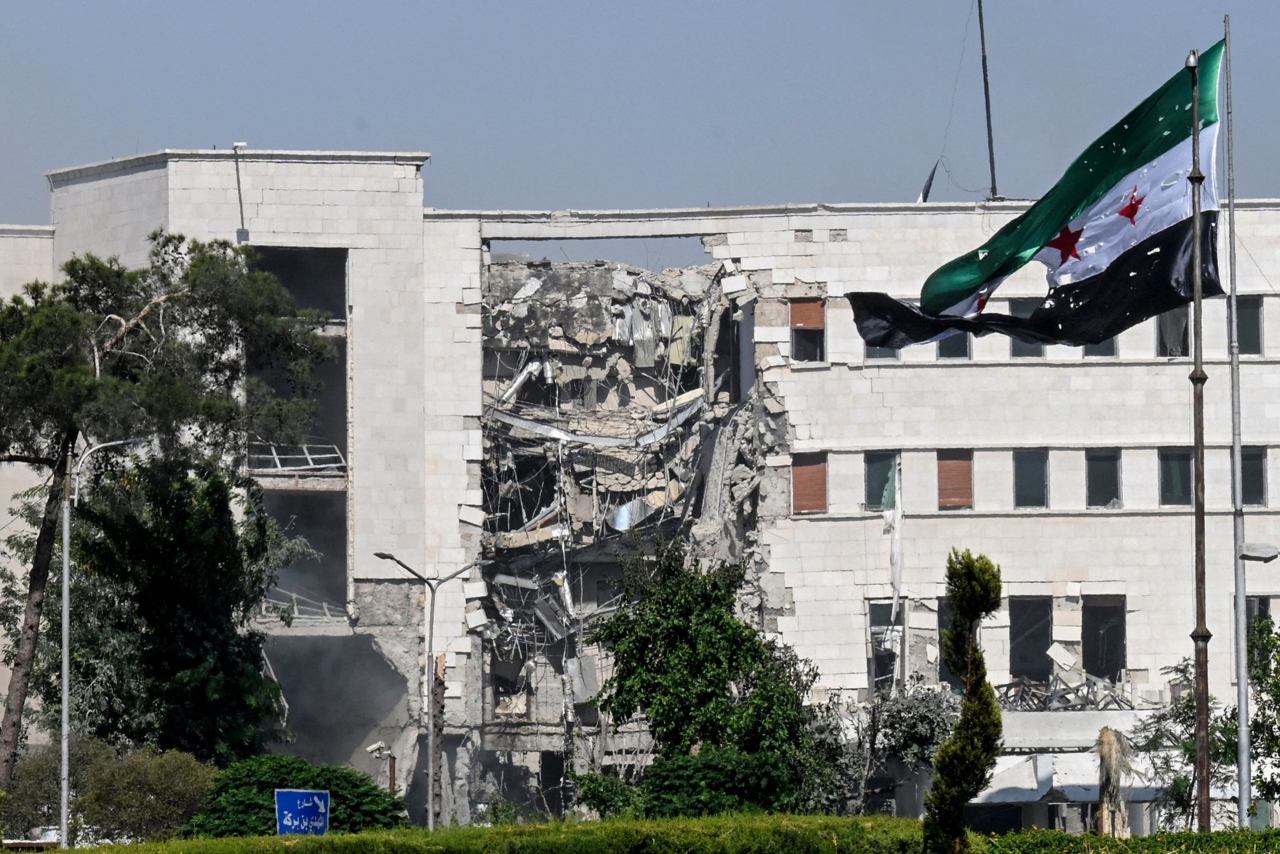Israel conducted airstrikes on Damascus on September 16, 2023, targeting positions held by the Syrian government. This military action coincided with escalating sectarian violence in Syria, particularly between the local Druze and Bedouin communities, which has intensified over the past two days.
The strikes reportedly aimed at disrupting the operations of the Syrian Arab Army, which has been engaged in clashes that have erupted amid the ongoing tensions. The situation has raised alarms regarding the potential for further conflict in a region already grappling with instability.
Background of the Violence
Recent confrontations between the Druze and Bedouin populations have highlighted deep-rooted sectarian divisions within Syria. Observers note that these clashes have been fueled by longstanding grievances and competition over resources. Reports indicate that the violence resulted in several casualties, further complicating an already fragile security situation.
The United Nations has expressed concern over the resurgence of sectarian violence in the region, calling for dialogue and restraint among the conflicting groups. The UN has also emphasized the need for humanitarian assistance for communities affected by the clashes, as many are caught in the crossfire.
International Response and Implications
Israel’s military operations in Syria are part of a broader strategy to counter perceived threats from Iranian-backed forces in the region. The Israeli government maintains that these actions are necessary to protect its national security interests. Officials argue that the strikes are aimed at preventing the transfer of advanced weaponry to militant groups.
As the conflict continues to evolve, the international community watches closely. Analysts suggest that the escalation of violence in Syria could have wider implications for regional stability. The potential for further Israeli strikes raises questions about the balance of power and the ongoing conflict between different sectarian groups.
In the wake of these developments, it remains crucial for international actors to engage in diplomatic efforts to de-escalate tensions. With the situation rapidly changing, the focus is on ensuring the safety and security of all communities involved, as well as addressing the humanitarian needs arising from the conflict.
